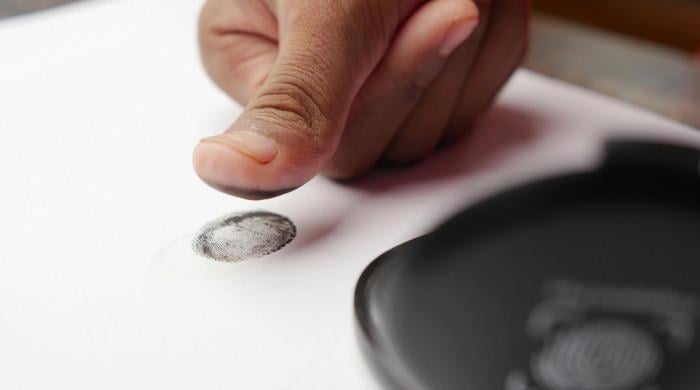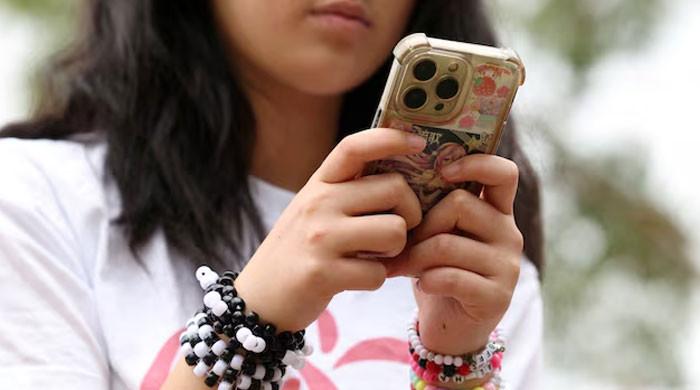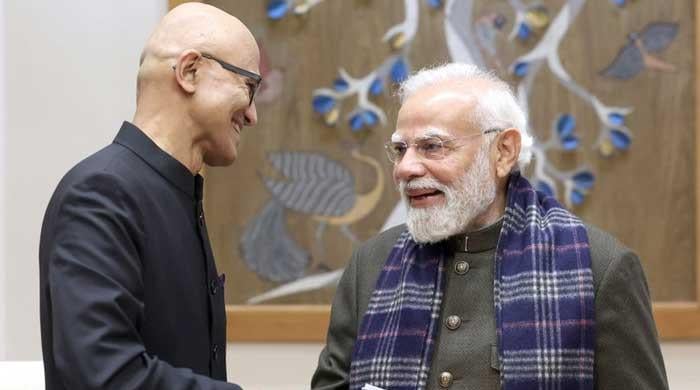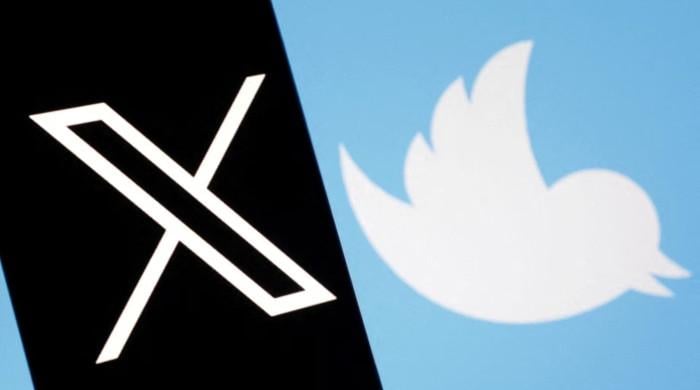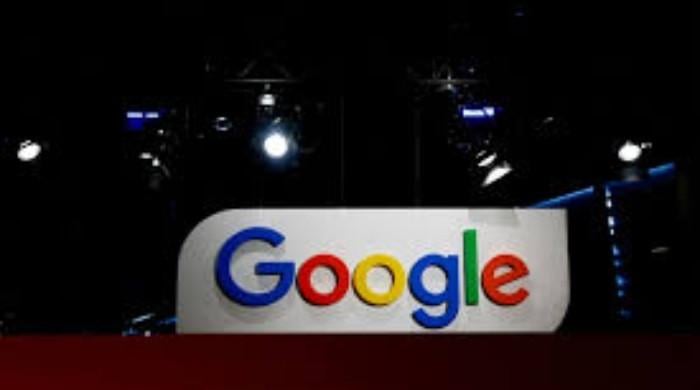Google BARD demo fail: Did Microsoft make Google 'dance'?
Before trending BARD fail, Microsoft CEO said: "I want people to know that we made them dance"
February 09, 2023

Before the trending BARD fail, Microsoft CEO Satya Nadella made some strong claims, saying that AI can beat Google at search. In an interview with The Verge, he said that he wanted people to know that "we made them [Google] dance", adding that he has the "greatest admiration" for Google.
Alphabet saw a $100 billion loss in market value on Wednesday as a result of its new chatbot BARD providing wrong answers and false information in a promotional video and a company event, fuelling concerns that the parent company Google is falling behind rival Microsoft.
After OpenAI, a company Microsoft is investing $10 billion in, unveiled ChatGPT in November amazed users and became a craze in Silicon Valley circles for its shockingly accurate and well-written responses to straightforward questions, Google has been reeling.
Google took to Twitter and shared a GIF which shows BARD answering a question.
"What new discoveries from the James Webb Space Telescope can I share with my 9-year-old?"
Bard offers three bullet points as an answer, including one that states that the telescope “took the very first pictures of a planet outside of our own solar system”.
However, astronomers were quick to point out that this is false and that, as stated on NASA's website, the first photograph of an exoplanet was actually captured in 2004.
When Nadella was asked if he expects "new head-on competition against Google's most important product to change their relationship", he said. "I hope that, with our innovation, they will definitely want to come out and show that they can dance. And I want people to know that we made them dance, and I think that’ll be a great day."
Nadella said that Google had dominated the market for a long time "by a significant margin", adding that he hoped for more innovations and competition. "There’s not just us, there’ll be other competitors."
He told The Verge that this way advertisers would make more money and publishers would get richer.
As per a Reuters report, Chatbot AI systems also carry risks for corporations because of inherent biases in their algorithms that can skew results, sexualise images or even plagiarise, as consumers testing the service have discovered.




